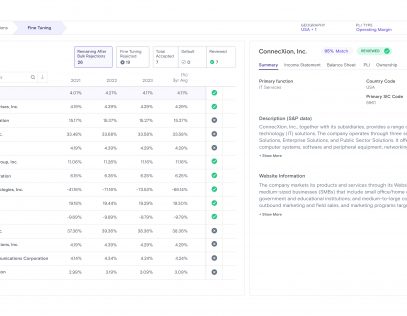The OECD has conducted a survey of tax authorities across the globe to gauge the amount of trust the authorities have in taxpayers being forthcoming in their dealings with the authorities. It should come as no surprise that there is a wide variety in perception depending on geographic area and exactly which tax practices (say, meeting deadlines vs ethical tax strategies) are in question.
The OECD found that MNEs generally provide a commitment to cooperation by the on-time payment of taxes, formal filing of returns, and other ministerial requirements, but the perception of the authorities is that there is less transparency in the actual operations MNEs engage in. To be blunt, MNEs deliver technical compliance by meeting formal legal requirements, but their actions may not comport with the “spirit of the law.”
To understand why this might be, you need to look at the forces on each side of the equation, as well as their motivations. From the tax authority perspective, companies should embrace both the letter and the spirit of the law. From the corporate world, the ethos has embraced an all-encompassing view of “Shareholder Value”, a goal to be achieved above all else. If you accept the premise of each party, you’ll see the seeds of conflict.
On the tax authority side, there is an ethical goal of appreciating the wisdom and common good to be achieved by following the letter and spirt of the law. Society can move forward with more public programs and attain higher living standards for the country.
From the MNE perspective, the goal is the maximization of shareholder value–all else is of secondary consideration. If the actions are within the law, and no liberties are taken that would fall outside the law, then it is appropriate to engage in any advantageous activity that puts the company in a better financial position.
The dichotomy is further driven by how senior management is compensated. Stock options may form a substantial portion of the C-suite’s renumeration, so by reinforcing the mantra of Shareholder Value, executives are also enhancing their own rewards.
One other aspect of mistrust lies within the audit process itself as evidenced by the experiences of Coca-Cola and Eaton. Each company had complied with accepted patterns in completing their tax calculations, and each was subjected to second-guessing by new audit teams. In the case of Coca-Cola, the split of a royalty stream was challenged by the IRS and reversed more than a decade of prior practices. And while Eaton ultimately came out on top—11 years and three court decisions later–the company had to go through a great deal of effort and expense to prove that its APA was correct in the first place. Going through those rounds in court certainly doesn’t breed a very trusting relationship on either side–or for those other MNEs watching from a distance.









